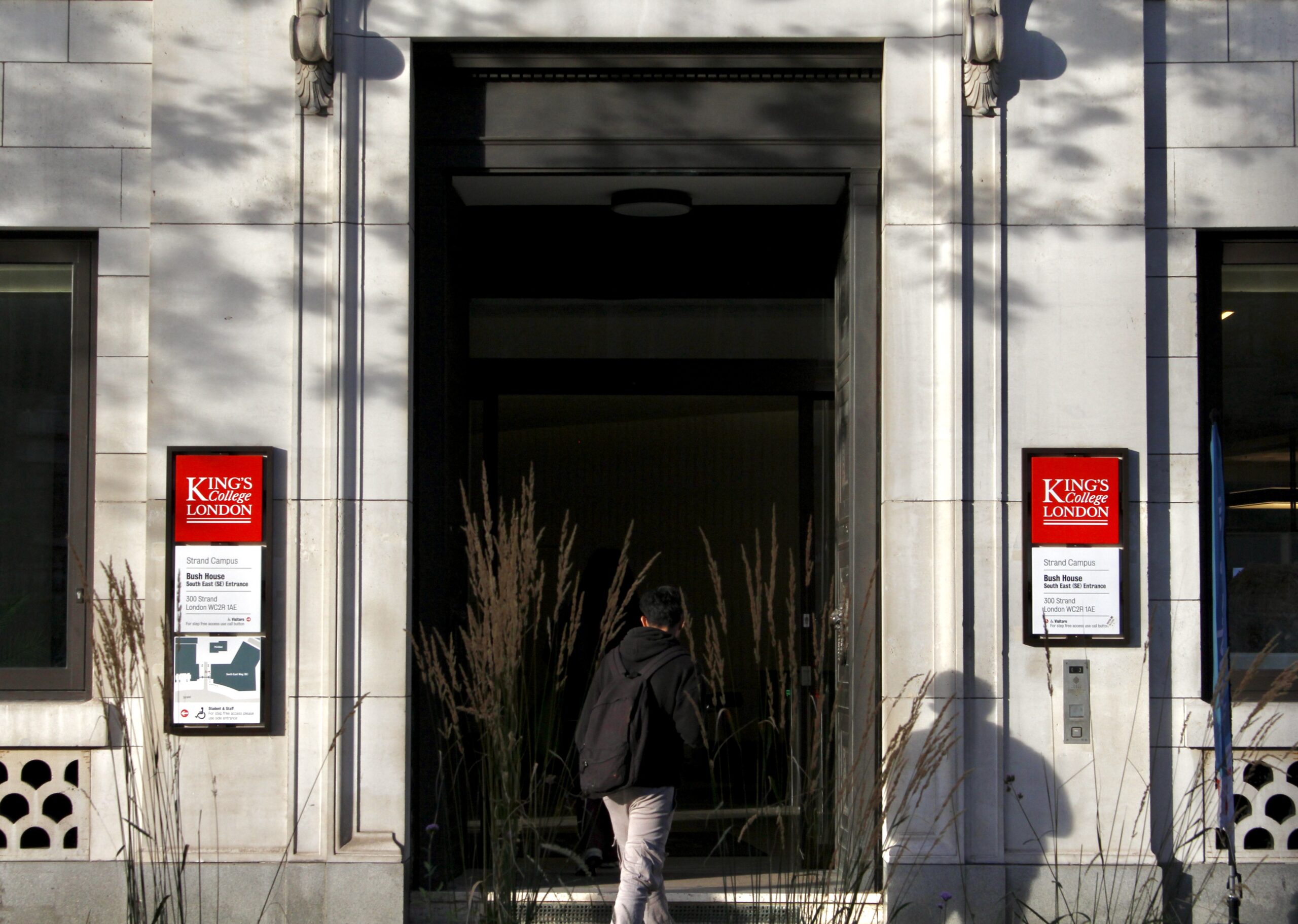To conclude our Pride in series, culture editors, Ally Azyan and Alex Blank, share their reflections on the significance of Alice Walker’s The Color Purple.
Alice Walker’s 1982 novel, The Color Purple, although it tackles issues such as racial oppression or slavery, is much more subtle in its scope. It centres around a female protagonist, Celie, and presents her growth as a woman and a human being through the epistolary form. By portraying the character’s changing relationship to God, other people and her own self, Walker moves away from the prevalent focus of Black pain in literature, and instead gives us a glimpse into the joy of life, regardless of its conflicts and struggles, while also giving insight into the fluidity of sexuality and the ever-present ghosts of slavery.
Celie must endure numerous hardships throughout the novel, especially during her early years of marriage. She faces constant abuse and hatred from her stepfather, Alphonso, and her husband, Albert – both of whom hold the view that women should be second to men and disciplined through extreme measures. This is a microcosm of the oppression Black women faced and still face today, from society and from white people and Black men in particular. There have been many studies that show those inequalities, from pregnant-related deaths to being a victim of a large race and gender wage gap, which suggests the oppressive dynamics of power within many opposite-sex relationships.
The contrast in Celie’s various relationships indicates a significant difference between opposite-sex and same-sex relationships, one that is based on the presence or the absence of any framework to which one must adhere. Her relationships with men are often based on fear, boundaries and labels, whereas the ones with women – most notably, with Shug – are more multifaceted. Celie’s feelings for Shug are sexual, but she also treats the latter as a maternal figure, a friend, even someone to admire. Their connection is not based on any particular signifier, such as mother, daughter, friend, lover; they can perform all and/or neither of those, without the pressure of definitions, so any rules or boundaries of intimacy they had to create themselves. As a result, their relationship is given a chance of complete freedom to do and be whoever they want to be with and within themselves.
The epistolary form itself suggests a theme of another kind of freedom – one of communication. The fact that Celie’s letters are addressed to God is also significant in terms of how her understanding of him/her shifts throughout the novel. Although she writes to God to escape her violent father, she still considers him/her a masculine figure. As she loses her faith in God, it is Shug who invites Celie to reimagine the figure out of the framework she’d been taught to envision him/her, and to consider God an elusive it, outside of any framework or label. At the end of the novel, she writes: “Dear God. Dear stars, dear trees, dear sky, dear peoples. Dear Everything. Dear God”, which indicates God’s immersion in the fabric of life, not as a figure superior to her, but one present in everything. This change might also be analogous to the contrast between Celie’s relationships with men and the one with Shug.
Towards the end of the story, Celie finally stands up to Albert, which symbolises her independence and empowerment. It demonstrates that she is not intimidated by the gender role she’d been assigned to, and that she does not have to continue to be a victim of patriarchy. There is a presence of Alice Walker’s (a feminist of colour herself) belief in womanism, which she believes is a part of feminism as “purple is to lavender”. She illustrates how important it is for us to support Black women who undergo such treatment on a daily basis, and to continue to protect and empower them.
As Celie matures throughout the novel, there is a shift in mood from dark and depressing to more optimistic and hopeful. This occurs simultaneously with the acceptance of her sexuality, which changes her relationship with God and the way she sees life. Celie embraces the complexities of her sexuality by seeing the positive impact that it has brought upon her life; she finds love, identity, confidence and youth. The 44-year-old Celie lives through the teenage years she’d missed out on when forced into adulthood too early in life. Through her, Walker shows a hopeful side for many who are in the midst of struggling with their sexuality. Despite living in the 1950s, where many were still conservative, Celie overcomes this fear through self-acceptance, which helps shape her as a person.
Outside of Celie’s world, the 1960s have witnessed the Stonewall Uprising, which plays a crucial part in the gay liberation movement. Two important figures to note are Marsha P. Johnson and Miss Major Griffin-Gracy, two Black trans women who were the pioneers of the riots and have contributed a lot to the LGBTQ+ Pride. They should not be forgotten, and we must continue to support their cause in the present day. By fighting for Black rights, we are also fighting for the LGBTQ+ community – and both history and literature, both large- and small-scale narratives, can give us insight into the fight for equality and freedom, either in society at large or within one’s sense of self.
While we support the ongoing riots, we should also educate ourselves by reading books on the matter. Walker’s novel, among many others, celebrates both Black and LGBTQ+ experiences, both of which we should understand and empathise with; we are all human beings, after all.
















